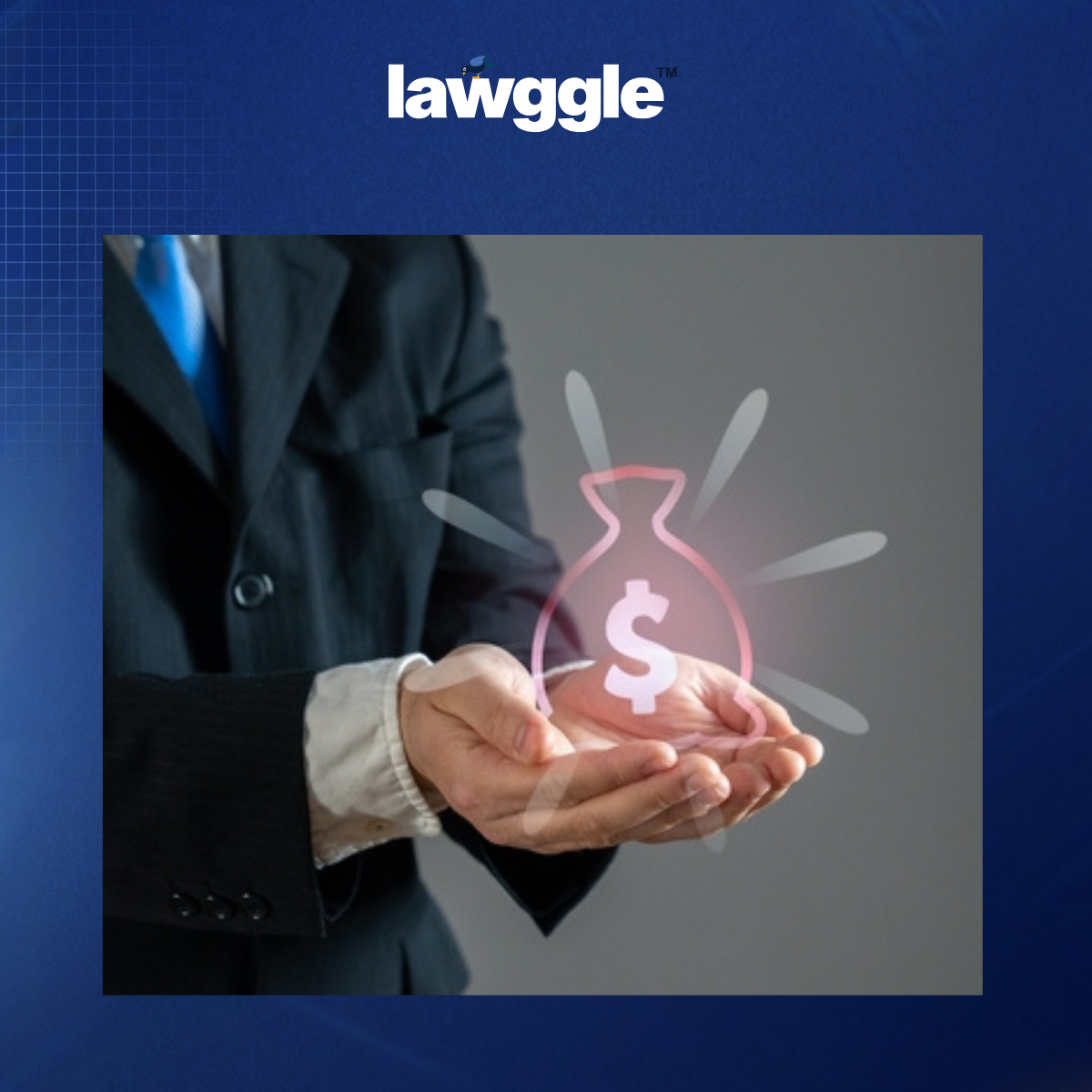.png)
Blowing the Lid off of Legal Tech: An inside look at how ‘innovation’ became a new tollbooth.
Every lawyer knows digital marketing costs are steep. But what most don’t realize is just how rigged, and predatory the entire system has become. Behind the polished pitches lies an architecture designed to exploit law firms, consumed by Google, lead-gen platforms, directories, and shady agencies who profit when you lose. It’s time to blow the lid off this racket.
Google Ads: The Billion-Dollar Black Hole

Legal keywords dominate the top of the global cost-per-click charts. For instance, searches like “best car accident lawyer” can command bids as high as $780 per click in some major cities! More generally, personal injury terms range from $150 to $500 per click. Google’s ad auction exploits human desperation at its most vulnerable, and the price shows it.
Even more insidious: click fraud. Fake clicks from bots, scripts, or paid competitors, strip budgets with no conversion in sight. Industry data estimates that 11–14% of clicks are fraudulent, and globally, click fraud accounts for tens of billions in wasted ad spend annually. Some platforms see even higher rates, with display advertising fraud hitting 40%. And yet, you still pay. Always.
Lead-Gen Platforms: Selling You Back Your Own Clients
Lead-gen sites promise “qualified” leads, but the reality is a feeding frenzy. They harvest desperate client inquiries, then resell the same lead to multiple firms, stripping your ability to build trust in favor of volume and speed. Again, you pay whether they convert or not. You get a list of names, and then you’re told to “aggressively pursue the ones you want.”
Think about that. You’re paying thousands of dollars a month for the privilege of cold-calling people who may or may not even want to hire you. That’s not innovation, that’s exploitation.
Meanwhile, those same “leads” can be resold to multiple firms, creating a feeding frenzy where the fastest response wins, not the most qualified lawyer. The result? Lawyers burn time chasing, clients feel overwhelmed, and the only guaranteed winner is the lead company collecting your monthly fee.
Directories: Paying to Be Buried
Legal Directories brand themselves as visibility tools. Here's the scam: your membership fees bankroll their ad and SEO campaigns, which push them to the top while your profile languishes beneath. You’re effectively paying to help drown out your own visibility and build theirs!
Marketing Agencies: The Wolves in Your Corner
Some agencies double-cross the profession:
- Batch-click competitor ads to drain budgets so their paying clients rise to the top.
- Overcharge or steal ad spend, delivering flashy reports while results evaporate.
- Bundle you into bidding wars against other firms they represent, even in your own city. Think about it. Why would they ever want to get you to the top, competing with all the other lawyers and firms they represent?
The loser? You. Always.
The Dirty Common Thread
Every part of this infrastructure thrives on one truth: they profit when you lose. The less control you have over your visibility, the more you’re forced to rent it, at a premium, from those exploiting you.
Why We're Mad, and You Should Be Too
This isn’t incompetence. It isn’t bad marketing choices. It isn’t a lack of hustle.
It's a deliberate design. A trillion-dollar ad machine and the parasitic platforms orbiting it are siphoning off your budget, your reputation, and your client relationships, while making you look like the problem.
Every wasted click. Every recycled lead. Every profile fee that props up a directory ranking above you. It all adds up to the same outcome: your work is being commoditized, your expertise devalued, and your fees inflated against your will.
And here’s the cruelest part: your clients pay for it too. The single mother in a custody fight, the worker injured on the job, the person facing charges, they’re footing the bill for Google’s profits and lead-gen’s games, because those costs flow straight into your rates.
This isn’t marketing, it’s a racket. A system of legalized extortion, where visibility is auctioned to the highest bidder and fraud is quietly tolerated because it keeps the money flowing. It is, at its core, a rigged marketplace, designed to exploit the profession and the people it serves.
And lawyers, who know a racket when they see one, should not be silent about it any longer.
Lawyers deserve better than click costs and cold leads. Lawggle helps you take back control of your online presence, no ads, no games. → Own Your Visibility
About the Author
Cara Echino is the founder of Lawggle, a legal-tech platform built to dismantle the pay-to-play visibility racket. She fights for transparency, reputation-first marketing, and a legal profession that thrives on trust, not ad spend.
All of the articles on this website are intended for informational purposes only and are not intended to be legal advice. Laws, policies, and procedures change over time, and Lawggle is not responsible for incorrect or outdated content. If you need legal advice, we recommend speaking with a licensed legal professional.
Find a Lawyer
in a few
Simple Steps


